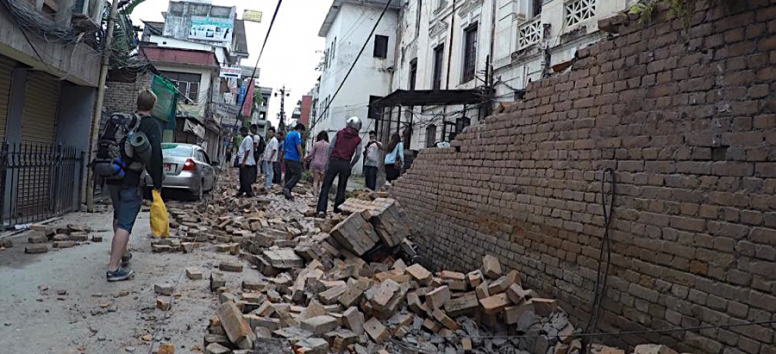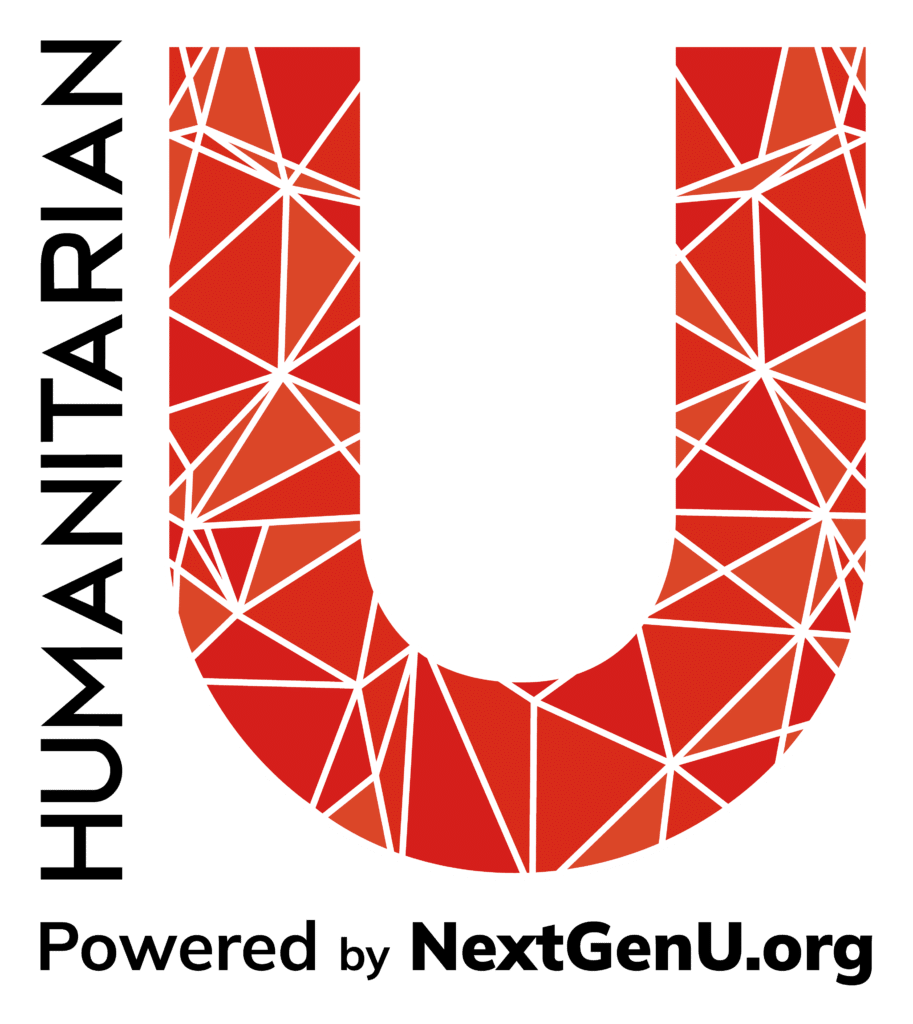As news reaches us of death and destruction in Ecuador, I am forced to reflect on recent responses to comparable events. Haiti. Philippines. Nepal. Three natural disasters. The same cycle repeats itself: a massive natural disaster, an immediate outpouring of grief, and a rapid movement of people wishing to help. In each of these catastrophic events, both experienced humanitarians and also people with good intentions, but little humanitarian experience have rushed to the assistance of the needy.
The latter often lack the skills and experience needed to assist in a meaningful way. Those who have only worked in developed nations might lack experience of crush-injuries, snake bites, tropical medicine or mass casualty triage. They may or may not arrive with an understanding of the local healthcare system, the local language, or culture. Some bring medication and equipment. Some don’t. Often the supplies brought lack instructions or advice in the local language. The reality is that non-expert advice can sometimes do more harm that good. – for example clogging up airports with donated goods that are not needed: http://www.cidi.org/the-scoop/good-intentions-blog/#.VxmAvmO5E1o
In Haiti professional humanitarians were diverted from helping injured Haitians to also provide accommodation, food, and water to North American doctors and others who had turned up without any logistical support. (http://thanassiscambanis.com/sipa/?p=289) Without proper coordination and communication, amateur humanitarians can duplicate or confuse the overall response. The World Health Organization is implementing rules to manage Emergency Medical Teams. http://www.who.int/hac/techguidance/preparedness/emergency_medical_teams/en/
Now, that’s not to say that the world has enough humanitarians. It absolutely does not. But it doesn’t follow that people should seek to immediately become a humanitarian in the immediate aftermath of an emergency. Here is my advice for people who want to help:
- If you want to be a humanitarian worker, do so before the next emergency happens. That will probably mean learning new skills, applying for a job in an International NGO.
- Donate money to an International NGO that has the skilled people who are able to respond – such as Médecins Sans Frontières.
- Advocate for improved local responses, for public health care systems, search and rescue systems to provided with the resources they need to be effective.
Physicians, and non physicians alike, my advice is to consider the highly relevant mantra “do no harm”.


